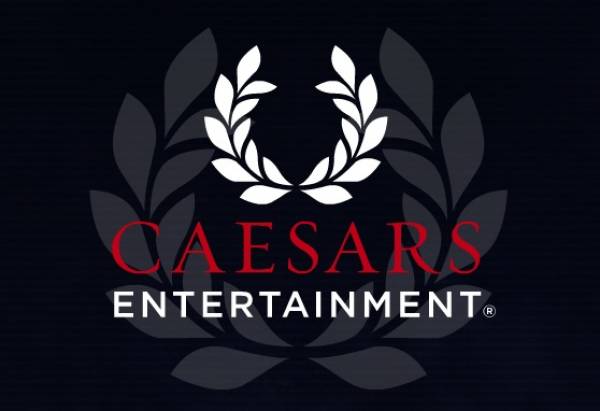Caesars Claims Hidden Agenda Behind Mass Unflattering Background Check

Attorneys for Caesars Entertainment are citing newly released information from a Massachusetts Gaming Commission report as the main reason for an “unflattering background check” that prevented the casino giant from landing a lucrative contract in the state.
According to that report, the proposed Everett casino site lost a key investor in a company once owned by Massachusetts gaming czar Stephen Crosby.
Suffolk Downs and Caesars ultimately severed their partnership as a result of the Gaming Commission findings, which, at the time, cited concerns that included Caesars' now-ended relationship with a New York hotel company subsidiary, an executive's previous work in online gambling, and Caesars' now-settled dispute with a high-roller over millions in gambling debts. The commission also cited Caesars' nearly $24 billion debt.
"We strongly disagree with the staff recommendation and were prepared to thoroughly address each of the concerns raised by the report," Caesars said Wednesday. "We withdrew our application at the request of and in deference to our partners in the project."
The executive mentioned as having been involved in an online gambling business prior to joining Caesars is one Mitch Garber.
Mr. Garber at the time made it clear that his prior role as CEO at PartyGaming (now bwin.party) had no bearing on Caesars decision to stop pursuing the Massachusetts casino project.
"The fact that the Board in Mass. had questions about my career and executive decisions did not play any role in the decision of Caesars to withdraw, and as a result of the withdrawal, I and we never had a chance to hear or answer those questions.," Garber told Gambling911.com. "I am licensed in multiple jurisdictions and of course have answered many questions about my career."
Garber had previously served in the position of CEO at PartyGaming Plc starting in April 2006, as the U.S. began cracking down on illegal online betting. The company opted to pull out of the US market five months after his arrival. Since that time PartyGaming entered into a settlement agreement with the US Government to the tune of $105 million.
Whether Caesars debt and the hotel company subsidiary issue had any bearing in the Commission's initial concerns remains questionable.
According to the Boston Herald’s findings, Crosby was given a loan by Everett site owner Paul Lohnes that helped in “saving it and Mr. Crosby from financial ruin.” This then resulted in Crosby being “biased against Caesars and (Suffolk Downs) from the beginning” due to his friendship with, and debt to, Lohnes.
“We also know facts about whether he was paid back or not, which would be relevant to this court,” said Caesars attorney Joan Lukey, adding that said facts became known after Caesars filed its amended complaint, so can’t yet be specified in court.The Herald has learned that part of Lukey’s basis is a Gaming Commission report released Dec. 16 that says Crosby solicited Lohnes to invest in his publishing company in 1983, and that the company was sold in 1990 after it “experienced only limited success.” That report goes on to state that the two men have only had brief social encounters since 1990 that included a May 2012 dinner party at the home of a mutual friend.
“While records have been lost, it appears that Lohnes did not recoup his investment, neither was he entitled to any recoupment according to the terms of his loan,” reads the report, which explored the background of Wynn Resorts and the ownership history of the Everett land Wynn would build on if the commission grants it the sole Boston-area casino license.
“As we have said before, this lawsuit filed by a disappointed party is groundless and we are confident that we will prevail,” commission spokeswoman Elaine Driscoll said. “We look forward to responding to the allegations at the appropriate time. In the meantime, we will continue to mount a vigorous defense.”
Former state Inspector General Gregory Sullivan suggested one way in which Caesars could prove a conflict of interest.
“If Caesars could demonstrate that there’s an unpaid obligation outstanding by Crosby to Lohnes, then that would be strong evidence of the fact that there was a conflict,” Sullivan said. “Lohnes’ loan and/or his ownership interest would represent the quid, and the awarding of the casino would be the quo.”
- Gilbert Horowitz, Gambling911.com















